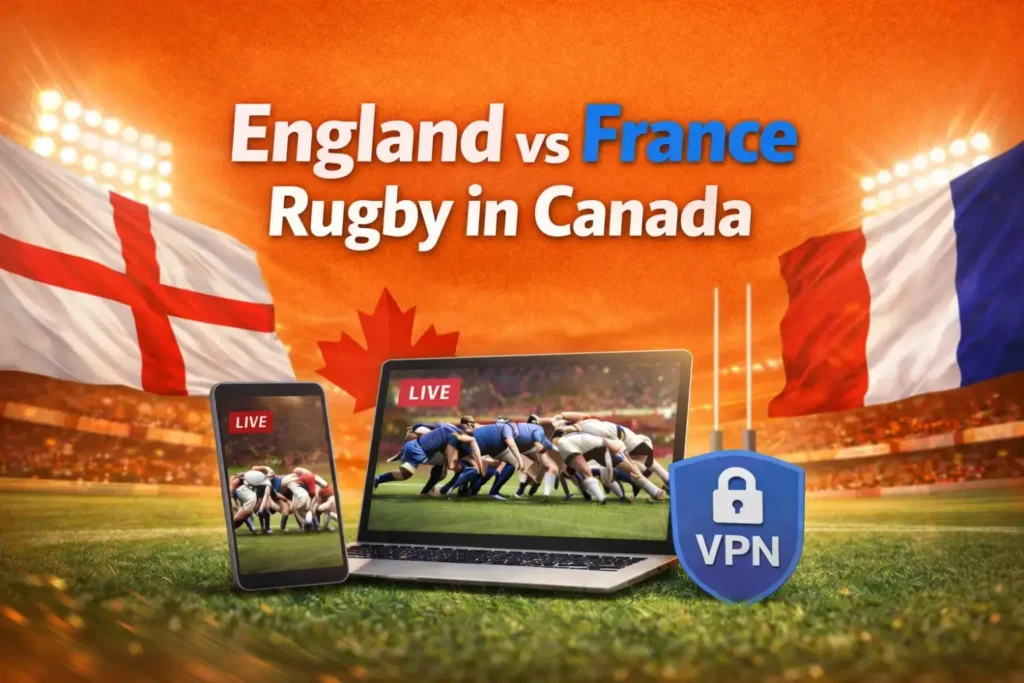 Why trust VPN Guider
Why trust VPN Guider
VPNs are a reliable option to ensure online privacy and security. They are valuable tools that every privacy-conscious person should have. However, these VPNs have significant drawbacks, such as slowing internet speeds. As slow internet speeds are frustrating, fortunately, there are various foolproof methods that you can use to speed up your internet while using a VPN.
Why does a VPN slow down internet speed?

A VPN is an online tool designed to enhance anonymity and security by hiding your IP address and encrypting your internet activity. It works by encrypting your data and encapsulating it into secure packets, which are then routed through an encrypted tunnel to remote servers. This encryption and rerouting process are the core mechanisms that ensure your online privacy and protect your data from prying eyes.
The encryption prevents third parties, such as ISPs and surveillance agencies, from accessing your personal information. Additionally, rerouting your data through remote servers masks your physical location, further enhancing your anonymity.
However, while VPNs provide significant security benefits, the encryption and rerouting processes can impact your internet speed. Encrypting data and sending it through a remote server takes time, which may result in slower connection speeds. In simpler terms, using a VPN can slow down your internet because of the extra steps involved in securing your data. Despite this trade-off, VPNs remain essential tools for maintaining online privacy and security in [year].
More on Internet Speed
But this drop in speed is very negligible and often can be ignored. If you are facing slow speeds that are very noticeable, then there might be another reason for it, such as traffic congestion. Most VPNs with a small server network, but many users tend to provide slow speeds since their servers are congested due to several simultaneous connections. This problem is most evident in free VPNs that do not have engineered servers to help mitigate traffic congestion.
Nevertheless, whatever the reason, slow internet speeds, specifically with a VPN which is often used to help bypass ISP throttling and ensure fast speed, are frustrating. You can take the time to try one of the methods mentioned below for increasing internet speeds while using a VPN.
[postFaq]
How to increase internet speeds while using a VPN- Best Tips

Increasing your internet speed while using a VPN is not a challenging task to achieve. If you follow the given methods or a combination of two of these given methods, you can increase your internet speed while using a VPN:
- Choose a different VPN server- connect to the closest server to reduce the distance your data travels and improve your internet speed.
- Change VPN protocol – best connect to a VPN protocol that ensures fast speeds, such as the WireGuard protocol.
- Enable split tunneling feature – using multiple apps takes up bandwidth resulting in slow speeds. The split tunneling feature lets users pick which sites, apps, and networks to run through VPN.
- Use a wired connection – wireless connections result in slow speeds as they use shared channels to transmit data to multiple devices. Switching to a wired connection helps mitigate the issue.
- Close all unnecessary background applications – unnecessary background apps take up bandwidth resulting in slow speeds.
- Reboot your device – a malfunctioning device can sometimes result in slow speeds. But rebooting the device can help resolve internet system errors, ensuring fast speeds.
- Disable your antivirus or firewall – antivirus software filters malicious elements, and despite being beneficial, they impact your connection speeds. You can temporarily disable your firewall or antivirus to ensure fast speeds.
- Double-check your internet connection – your internet might be a problem itself, so it is best to run a speed test to check speeds.
Following these methods can help ensure fast and stable internet speeds with a VPN connection.
[postVpn]
Final Words
You should use a VPN to speed up your internet connection for many reasons. You may be trying to avoid potential throttling from your ISP, or you want to improve your privacy and security when using public Wi-Fi. Whatever the reason, there are a few effective ways to speed up your internet when using a VPN.
One way to improve your VPN speed is to choose a server closer to your physical location. The further away the server is, the longer it will take for your data to travel back and forth, which can slow down your connection. Another tip is to ensure you’re using a fast and reliable VPN protocol, such as OpenVPN or IKEv2. These protocols are much faster than older protocols like PPTP or L2TP/IPSec.
Finally, you may need to upgrade your VPN subscription if you still have slow speeds. Some free VPNs offer very slow speeds due to their limited bandwidth allowances. However, if you’re willing to pay for a premium VPN service, you can expect much better speeds and performance overall.


